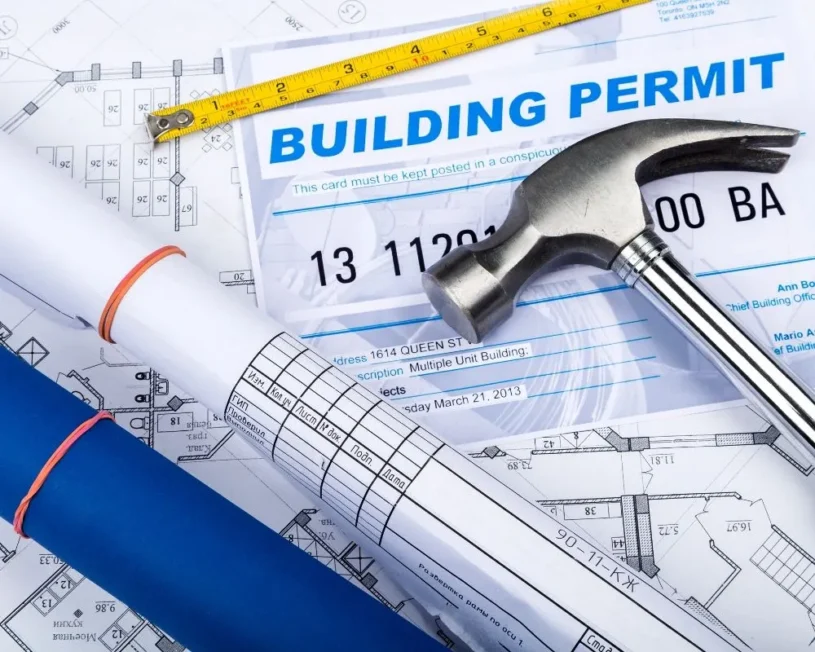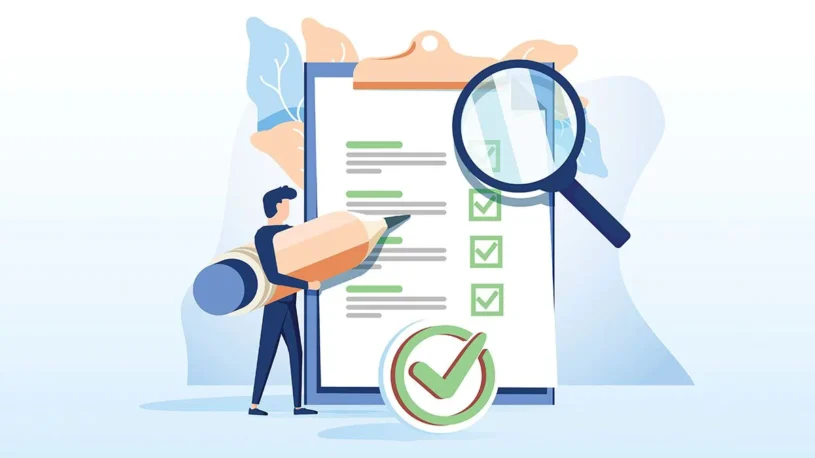The post The Essential Guide To Commercial Permits: What You Need To Know appeared first on Techie Buzz.
]]>The commercial permit service offers companies professional direction and assistance in acquiring the licenses and permissions necessary for their activities, ensuring legal compliance and efficient regulatory procedures. Everything you need to know about commercial permits, including their varieties, application procedures, and typical requirements are listed in this article:
Understanding Commercial Permits

It is important to understand what commercial permits are. Here are a few points listed:
Definition And Purpose Of Commercial Permits
Commercial permits are recognized authorizations given by regulatory bodies to companies to carry out particular operations within a territory. These permits ensure that commercial enterprises operate safely, adhere to zoning regulations, protect public health, and maintain environmental standards. Businesses can establish credibility with clients, investors, and authorities by securing the relevant permissions, which show compliance with legal and regulatory frameworks.
Importance Of Commercial Permits
Compliance with commercial permits is essential for several reasons:
a) Legal Compliance
Commercial permits assist companies in operating within the law’s parameters, reducing the possibility of facing penalties, fines, or legal action.
b) Safety And Environmental Protection
Permits make a guarantee that firms adhere to safety regulations, lessen their impact on the environment, and safeguard public health.
c) Zoning And Land Use Regulations
By ensuring that companies are situated appropriately and by zoning laws, permits help to reduce problems with nearby properties.
d) Consumer Trust
Possessing the required permissions gives customers trust because it shows that the company follows the rules and regulations.
Types Of Commercial Permits

Commercial permits are classified as:
Licences For General Business
The first licenses that businesses typically need to obtain are general business licenses. They provide permission to run a business in the area and can change based on the activity. Examples include shop licenses, permits for eating establishments, and licenses for home-based businesses.
Zoning And Land Use Permits
Zoning permits restrict land use and specify the locations where particular commercial activities can take place. Businesses must ensure that their activities adhere to the zoning type, which may include residential, commercial, industrial, or mixed-use zones.
Permits For Health And Safety
Permits for health and safety are essential for firms engaged in activities that could influence public health. These licenses cover matters like handling hazardous materials, food handling, cleanliness, air quality, and fire safety. Businesses may maintain the highest standards of employee and consumer safety and well-being.
Environmental Permits
Environmental permits could be necessary for companies working in sectors like manufacturing or waste disposal that have the potential to influence the environment. These permits guarantee that businesses adhere to laws governing environmental impact analyses, waste management, and pollution control. Respecting these licenses promotes the preservation of ecological harmony and the protection of natural resources.
Commercial Permit Application Process
Here are a few application processes for commercial permits:
Documentation And Research
Research the permits needed for your business kind and location thoroughly before starting the application process. To learn about the required paperwork, costs, and application procedures, speak with municipal authorities, zoning departments, and regulatory organizations.
Completion Of Application Forms

Obtain the necessary application forms from authorized agencies. Fill out each form completely, including legal structure, location, contact information, and operations of the company. Include any necessary supplementary paperwork, such as birth certificates, leasing agreements, or incorporation certificates.
Submission And Review
Send the application forms along with any necessary supporting documentation, to the specified regulatory body or department. At this point, pay any applicable fees that are necessary. Your application will be reviewed by the regulatory body to make sure it satisfies all criteria and conforms with applicable laws and regulations.
Inspections And Site Visits
The regulatory agency may inspect or visit sites to evaluate compliance with safety, health, environmental, or zoning regulations depending on the type of your firm. Prepare your premises accordingly and address any potential issues or concerns that may arise during the inspection process.
Approval Or Denial
You will be informed about the status of your application following the conclusion of the review procedure and inspections. You will be provided with the required commercial permissions if you are accepted. In case of denial, the regulatory agency will provide reasons for rejection and may offer guidance on rectifying the deficiencies in your application.
Common Requirements For Commercial Permits

These are listed below:
Business Information
Detailed information about your company, such as its legal name, ownership structure, address, contact information, and tax identification numbers, is often required for commercial permit applications.
Proof Of Identity And Legal Status
The business owner or authorized representatives will require identity documentation. It includes copies of identifying documents issued by the government, like passports or driver’s licenses. You might also need to present business registration paperwork or certificates of incorporation for registered businesses.
Business Plan And Description
A thorough business plan explaining your company’s objectives, operational processes, and financial projections may be required for some permit applications. You can also be required to give a detailed explanation of your company’s operations, including the goods and services it offers.
Lease Or Property Documentation
Lease agreements, property titles, or rental contracts may be required as part of the permit application if your company works out of rented or owned property. These records aid in confirming the address and suitability of your commercial space.
Insurance Protection
Proof of insurance, such as general liability insurance or workers’ compensation insurance, may be required for some commercial permits. It proves that your company is protected from threats and liabilities.
Renewal And Compliance

Here is what you need to know about permit renewal and regulations compliance:
Permit Renewal
Typically, commercial permits are only good for a certain amount of time before renewal. To prevent any disruptions to your business operations, be aware of the dates by which your permissions expire and start the renewal procedure as soon as possible. Similar documentation to the initial application process may be needed for the renewal process.
Compliance With Regulations
It is crucial to adhere to all the laws and regulations after obtaining the required permits. Maintain continuing conformity to safety, health, environmental, and zoning regulations by routinely reviewing and updating your processes, policies, and infrastructure.
Conclusion
Although navigating the world of commercial permits can be challenging, it is essential to operate a successful and legally compliant company. You may speed up the permit application process and ensure that your business venture runs without a hitch by being aware of the various types of permits, the application procedure, and the standard requirements.
To get and keep your business permits, do comprehensive research, gather all required paperwork, and follow all rules. With the proper permits, you can operate your business confidently and in alignment with legal and regulatory standards.
The post The Essential Guide To Commercial Permits: What You Need To Know appeared first on Techie Buzz.
]]>